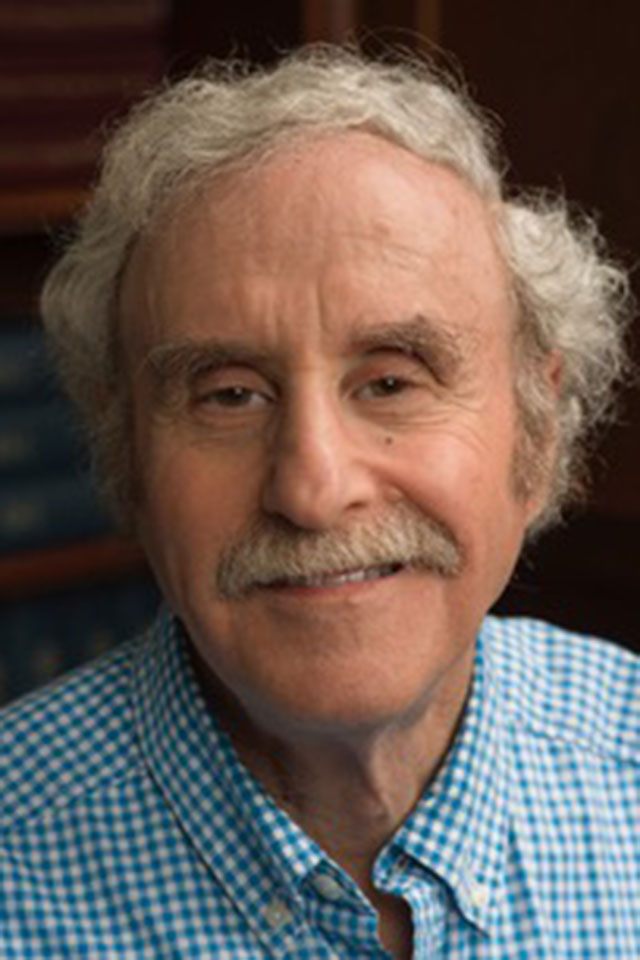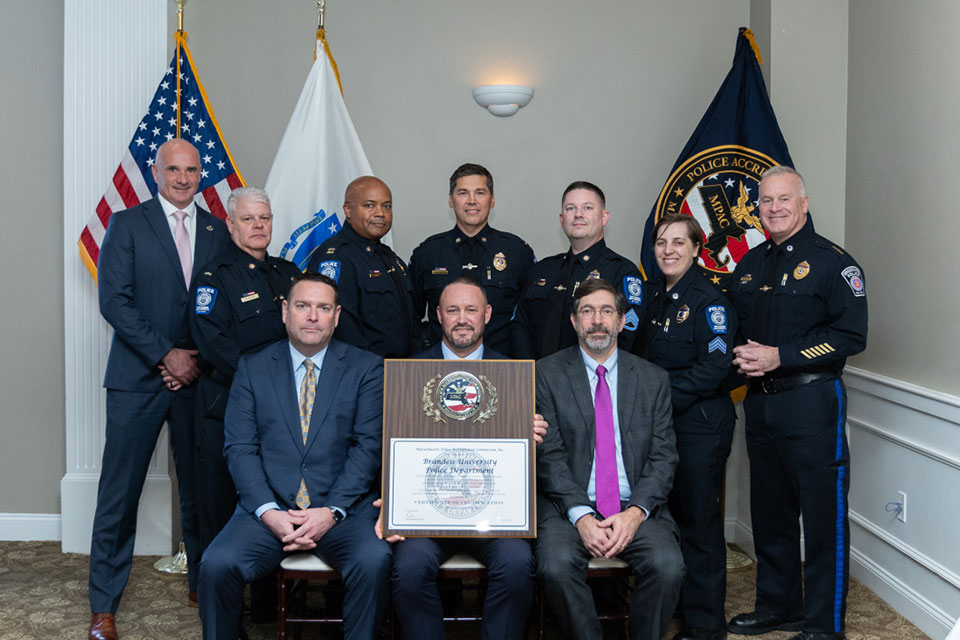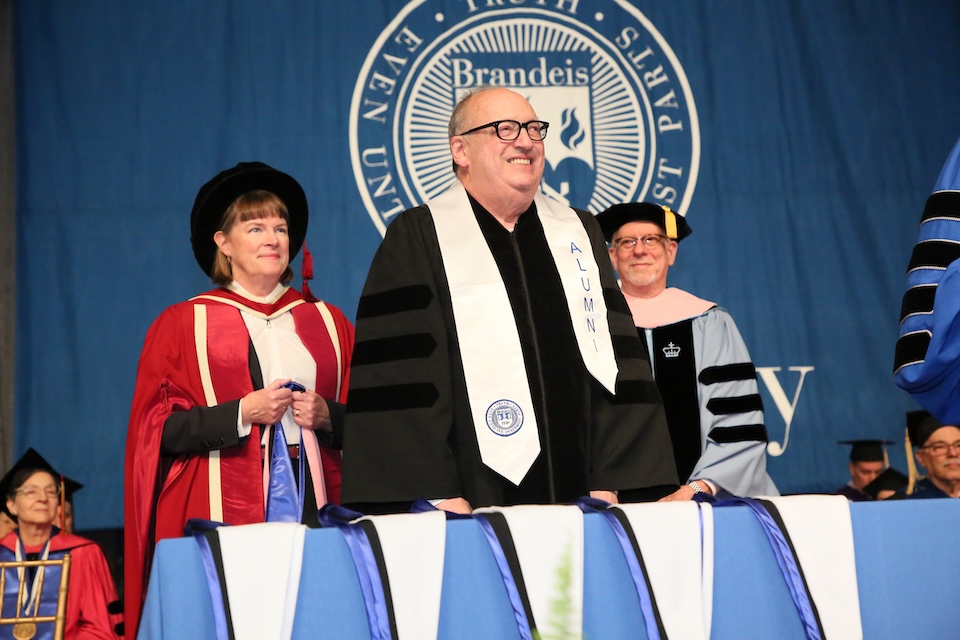Professor Steven Henikoff receives 55th Rosenstiel Award for research on genome organization and gene expression
October 29, 2025

The 55th Lewis S. Rosenstiel Award for Distinguished Work in Basic Medical Research has been awarded to professor Steven Henikoff of Fred Hutch Cancer Center in Seattle, Washington, for his work on genome organization and detailed mapping of the landscape of proteins that are bound to DNA.
Henikoff is recognized for his innovative and transformative studies of the regulation of gene expression and how modifications of the proteins that bind to chromatin establish different, heritable epigenetic states of chromosomes. In work that embraces an extraordinary breadth of model systems — mammals, fruit flies, worms, yeast and plants — Henikoff’s lab has devised remarkably precise ways to map how DNA is wrapped with proteins and how modifications of this packaging process influence when and where regulatory proteins bind to specific DNA sequences. These methods, with memorable acronyms such as CUT&RUN (Cleavage Under Targets & Release Using Nuclease), have made it possible to map the precise locations of proteins that regulate RNA transcription of specific genes and how these associations change during the development of different cell types. Another method, CUT&TIME, can establish an historical record of changes in chromatin structure during neural development. Still another, SLAM-RT&TAG, reveals the identity and dynamics of RNA transcripts within membraneless nuclear compartments.
Henikoff has also played a major role in understanding the evolutionary relatedness of protein sequences. With Jorja Henikoff, he created the widely used BLOSUM methodology to define functional domains of the amino acid sequence of proteins and to determine how such sequences are evolutionarily related. His lab has also focused on the structure and fragility of the centromeres of chromosomes and on the consequences of DNA breakage in such regions, leading to cancers. Henikoff has recently developed methods to assess the genome-wide presence of RNA polymerase in formalin-fixed, paraffin-embedded histological slides, some of which have been stored for decades. This advance had led Henikoff and his colleagues to discover a remarkable correlation between the malignancy of certain cancers and the abundance of RNA polymerase at a very small set of genes, encoding DNA replication-associated histone proteins.
Henikoff is an investigator with the Howard Hughes Medical Institute; a member of the U.S. National Academy of Sciences; and a fellow of both the American Academy of Arts and Sciences and the American Association for the Advancement of Science. He was awarded the Genetics Society of America Medal for his outstanding contributions to genetics.
Henikoff will receive the award and present a lecture on his work on April 15, 2026, at Brandeis University.


